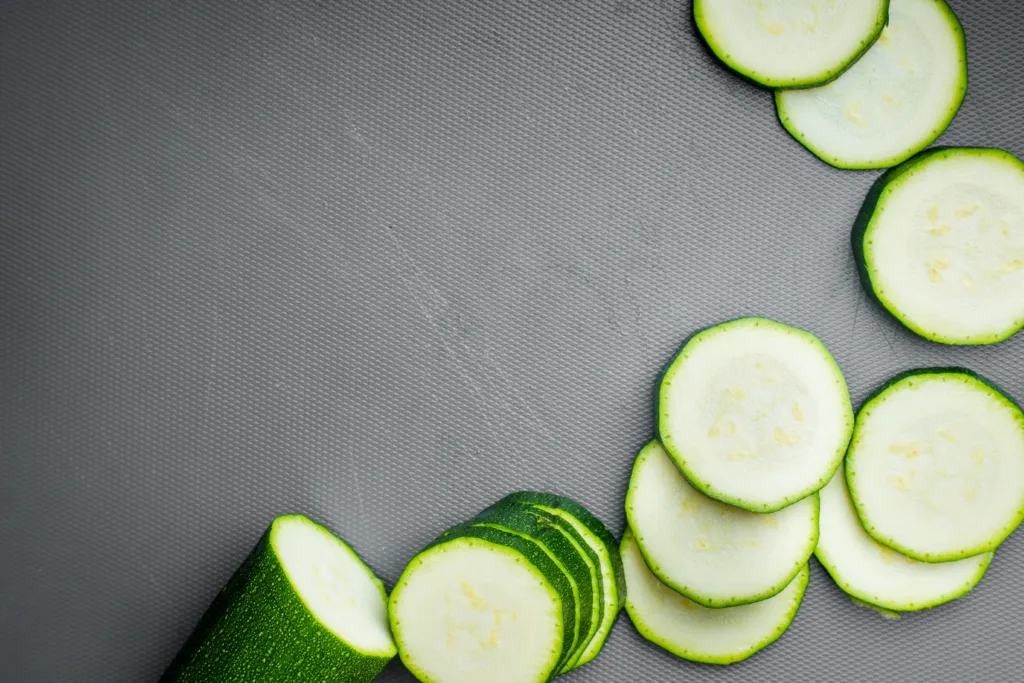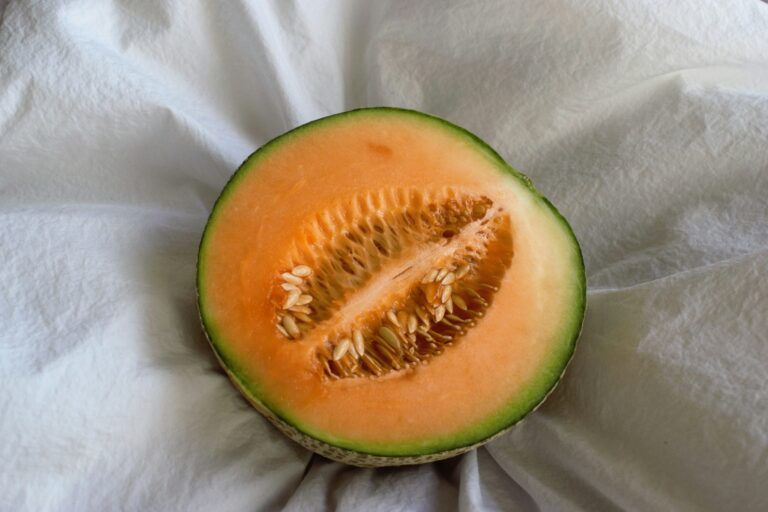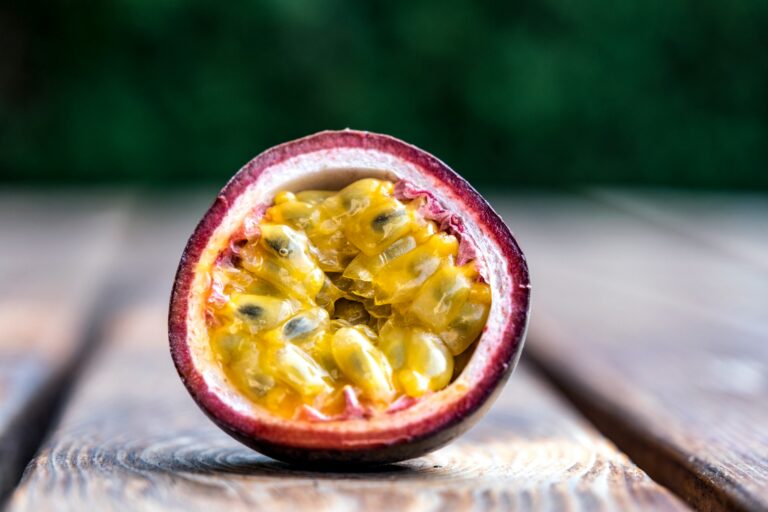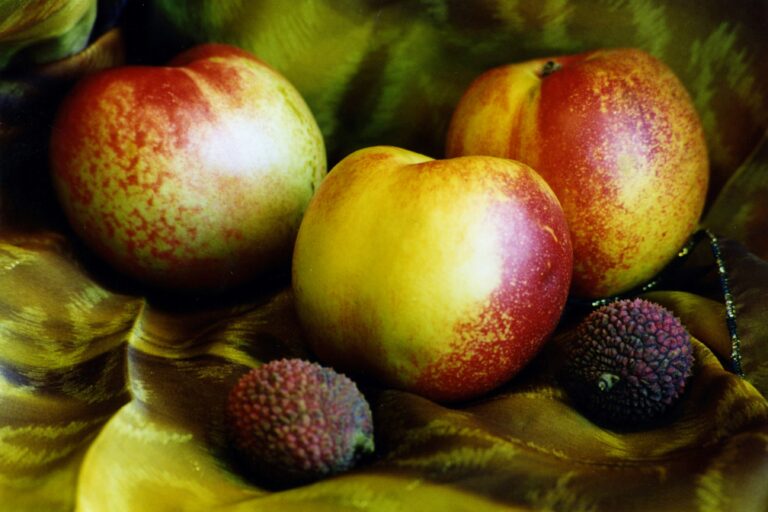The scientific name of zucchini is Cucurbita pepo. It belongs to the family Cucurbitaceae. It is also called summer squash and is used as a vegetable. Zucchini yields a variety of winter squash.
Zucchini is native to Central America and Mexico. It was typically cultivated in northern Italy, and zucchini-like squash has its ancestry in the Americas. It was developed in Italy around the latter half of the 1800s.
Size: average size 5 to 6 inches most varieties average 3 to 4 inches in diameter
Color: you really deep green thought it could be golden yellow
Shape: typically long thin cylinder, gives shape like pumpkin and is often egg-shaped
Flavor: zucchini have a heartier flavor and may even tend to be slightly bitter and sweet
Nutrients
Zucchini is rich in multiple antioxidants including lutein and Zeaxanthin. The Zucchini is low in calories, fat, and sugar. One cup of 180 grams of cooked zucchini provides
- Calories 27
- Proteins 2.1 g
- Fats 0.6 g
- carbohydrates 4.8 g
- sugar 3.1 g
- Fiber 1.8 g
- Vitamin C 38%
- manganese 8% of Reference Daily Intake
| How to grow Zucchini? |
Zucchini needs fertilizer also, those fertilizers contain plenty of nitrogen to facilitate healthy growth as well as necessary potassium and phosphorus to boost fruit production. You may use a water-soluble or granule fertilizer. Zucchini is quite a good choice for container gardens because it has relatively shallow roots. A container that is around 12 inches deep should be sufficient.
Healthy Benefits of Zucchini
Like other plant foods, zucchini is also considered a healthy food vegetable, it is botanically classified as fruit. Zucchini is rich in several vitamins, minerals, and other beneficial plant compounds. In addition, zucchini has many other health benefits.
High in antioxidants
Zucchini is also rich in antioxidants. Antioxidants are beneficial plant compounds that help protect your body from damage by free radicals. Benefits your skin, heart, and eyes as well as offers some protection against certain types of cancers such as prostate cancer. Yellow zucchini may contain slightly higher levels than light green ones
Reduce the risk of Diabetes
The fiber found in Zucchini may also help increase insulin sensitivity, which helps to stabilize blood sugar as well. Low carbohydrate diets can significantly lower blood sugar and insulin levels both of them making blood sugar levels stable and reducing the need for medication in people with type 2 diabetes
Eye Health
Zucchini is rich in vitamin C and beta-carotene, the two nutrients important for eye health. Lutein and zeaxanthin antioxidants can accumulate in your retina, improving your vision and reducing the risk of age-related eye diseases
Improve heart health
High fiber content may be primarily responsible. More fiber in the diet has a lower risk of heart disease. Also, lower the cholesterol level which is due to one type of soluble fiber found in zucchini. Rich in potassium, which may help reduce high blood pressure by dilating your blood vessels.
Aid weight loss
Its fiber content help reduces hunger and keeps your appetite normal. The vegetable is rich in water and has a low-calorie density may help you feel full. Regular consumption may help you lose weight
Healthy digestion
Zucchini contains both soluble and insoluble fiber. It may promote healthy digestion in several ways. It’s rich in water, which can soft stools. This makes them easier to pass and reduces the chances of constipation. Insoluble fiber adds to stools and helps food move through your gut more easily. Soluble fiber feeds the beneficial bacteria living in your gut. In turn, these friendly bacteria produce short-chain fatty acids that nourish your gut cells.
Other Health Benefits
Zucchini may offer some additional benefits. The most well-researched include:
- bone health (vitamin K and magnesium strength bones)
- Anti-cancer effect ( zucchini extracts may help or limit the growth of certain cancer cells
- A healthy prostate (seed extract may help limit prostatic hyperplasia and enlargement of the prostate that commonly cause urinary and sexual difficulties in older men).
- Thyroid function ( zucchini peel extracts may help keep thyroid hormones level stable
Side Effects of Zucchini
- Taking in large amounts may cause gastrointestinal issues in those with irritable bowel syndrome
- Zucchini is likely safe when used in our diet, but too much beta-carotene can turn your skin orange
FAQ
What is zucchini called in India?
Zucchini is referred to as Tauri, tori, or turai in Pakistan and India.
What are the benefits of Zucchini?
Like other plant foods, zucchini is also considered a healthy food vegetable, it is botanically classified as fruit. Zucchini is rich in several vitamins, minerals, and other beneficial plant compounds. Zucchini is good for your eyes and digestion it aids weight loss, improves heart health, and it is high in antioxidants.
Can you eat raw Zucchini?
The main thing about this is that when we eat raw zucchini, the bacteria in the gut feast on cellulose and, in addition to enzymes, help to break it down. As the bacteria feed on cellulose, they release Methane gas, which in turn causes them to experience bloating or gas buildup.






